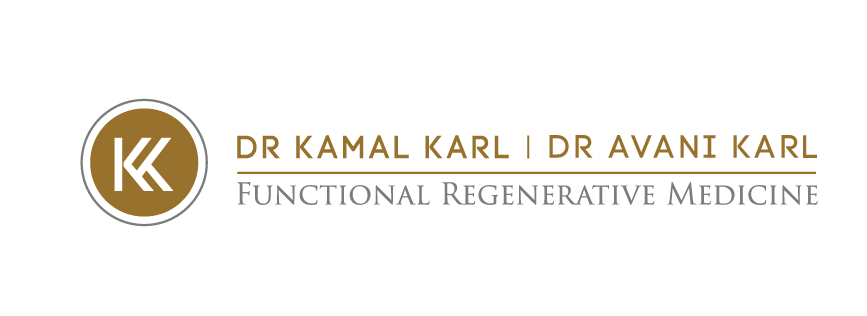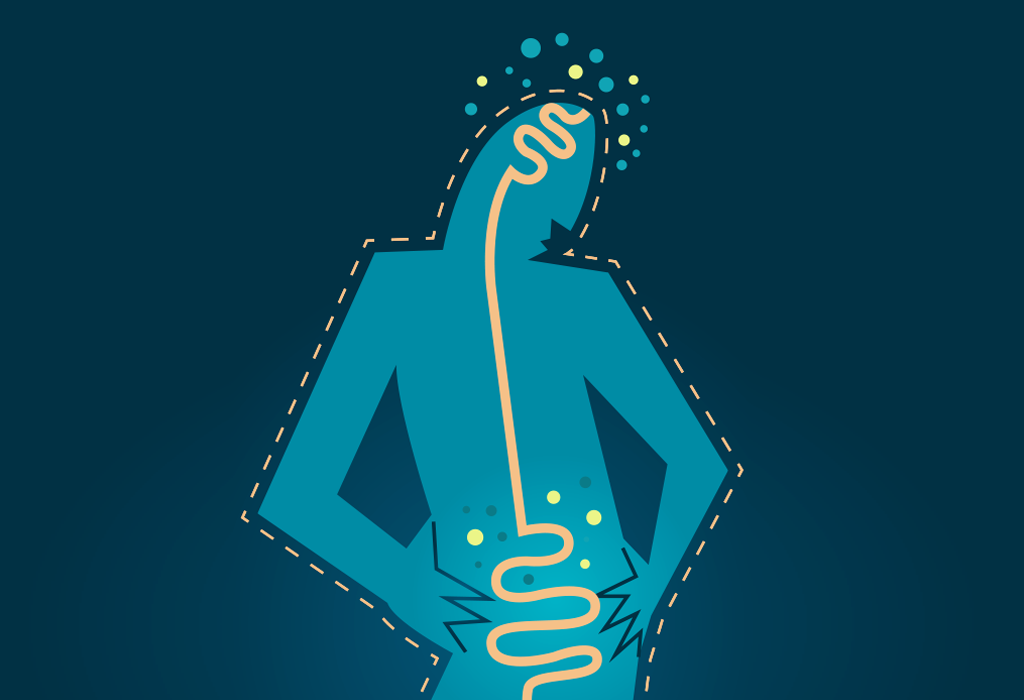In recent weeks, we have seen many patients with complaints of early memory loss, which in medical terms is called mild cognitive impairment. This always raises concerns regarding a diagnosis of dementia or Alzheimer’s disease. As you may be aware current treatment options with medications are somewhat limited. In essence, we have no disease modifying drugs that can markedly improve long term disease progress. This is significant as it can cause severe stress to other family members and primary caregivers. Hence this disease naturally raises fears especially if there is also some associated family history.
The diagnosis is multi-faceted and includes a history of memory loss starting with difficult recall of names, inability to recall where keys were last stored etc. Further neurophysiological testing and advanced brain imaging techniques are needed for a formal diagnosis.
However, the good news is that there is a lot that can be done to stop the advance or in some cases prevent or reverse the illness. This does not come in the form of a single pill and can often be dictated by several lifestyle factors which are under an individual’s control.
New knowledge gained by the two exciting processes called ‘neurogenesis’ and ‘neuroplasticity’ form the basis of prevention and treatment. Neurogenesis means the ability of the brain to form new neurons (brain cells) at any stage of the illness, and neuroplasticity refers to the ability to rewire or make new connections between brain cells for recovery of the disease process.
The hundred thousand billion neurons are fully capable of responding to these two key processes. Hence improving lifestyle factors is paramount, these include:
- Restorative sleep of 7-8 hours every night.
- Regular movement with simple exercises for 40-45 minutes daily.
- Providing essential nutrition; a combination of a Mediterranean diet and a mainly plant-based diet with some good quality small fish (excluding large predatory fish such as tuna and kingfish).
- Avoidance of salt, sugar, processed foods and reduction in alcohol.
- Stress reduction and regular meditation to help the neurons “rewire”.
Improvement in these lifestyle factors has a direct positive effect on brain health by changing long-term health of the digestive system and creating healthy colonies (called an individual’s microbiome) of bacteria. This in turn influences an individual’s genetic makeup.
One of the most important factors in brain degeneration is poor sugar control and hence modifying lifestyle factors aggressively pays huge dividends in preserving brain health; making this intervention one of the most critical ones we look to address with patients.
All of these strategies are implemented in an integrated manner in the way we approach treatment at our clinic. Often an assessment of brain health damaging toxins as well as testing for individual genetic profile is undertaken. Supplementing with smart nutrients to enhance brain health is also advised.
This constitutes an exciting area in future to treat several brain related degenerative conditions such as Parkinson’s, nerve damage (neuropathies), multiple sclerosis and others more effectively.

